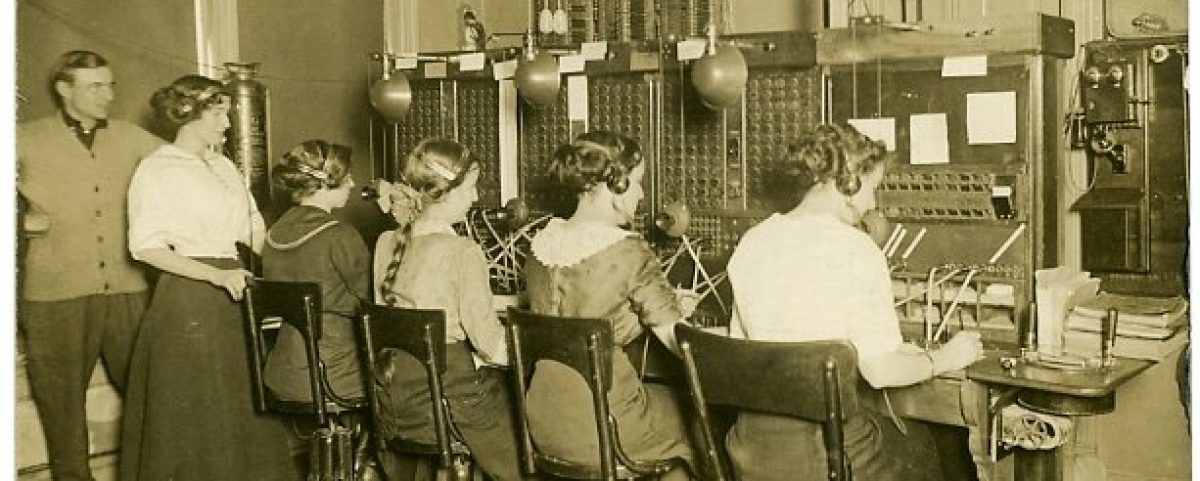
The region has many helpful research repositories for those studying the past and many are found tucked away in the corner of our community libraries. One of those great places for studying Chester County’s and the area’s heritage is the Katherine B. Alexander Memorial Library in Oxford, PA. Serving Southern Chester County, it is an old institution, the first in the County and the third oldest in PA, it having been established in 1784.
Over the decades I have stopped there periodically to use the local history resources, and a project I am working on took me up that way a few days ago. Each time, I visit I am reminded of the value of these local history collections, tucked away in the corner of our public institutions. In addition, the Oxford Area Historical Association maintains its materials there, strengthening resource for studying genealogy and local history.
In the collection is a long run of the Oxford Press, a particularly well-produced weekly newspaper. The publisher knew what sold newspapers, cram them with creative, original copy from a broad area. They succeeded and each week the broadsheet covered the main stories, while also providing the “local news of three counties – Chester and Lancaster, Penna, and Cecil County, MD.”
It is one of the best papers in this region that I encounter for getting column from many of the smaller villages in the tri-state region. Each week the pages are filled with social happenings and smaller news pieces, as the special correspondents wrote in from out-of-the-way places, making sure virtually nothing was missed. Or as the Press noted in its masthead: “happenings in town and country condensed by alert correspondents for busy readers.” This serial is available at the Oxford Library from 1866 to 1970s.
The Peters’ Papers are another excellent resource, making the past accessible. Sometime back in the 1980s or so a Mr. Peters spent untold hours examining those old weeklies to carefully extracting the local reporting and create indexes. His nearly 30 notebooks are very helpful, as the Oxford Pa is not on microfilm and thus is not text searchable. But thanks to the labors of Mr. Peters, there is an index and I am able to quickly find topical materials.
Of course, there are plenty of 19th and early 20th century maps, business directories, local histories and lots more. Thank you Oxford Public Library for preserving the region’s past and making it broadly available to everyone as we study genealogy, local history or some other subject.


